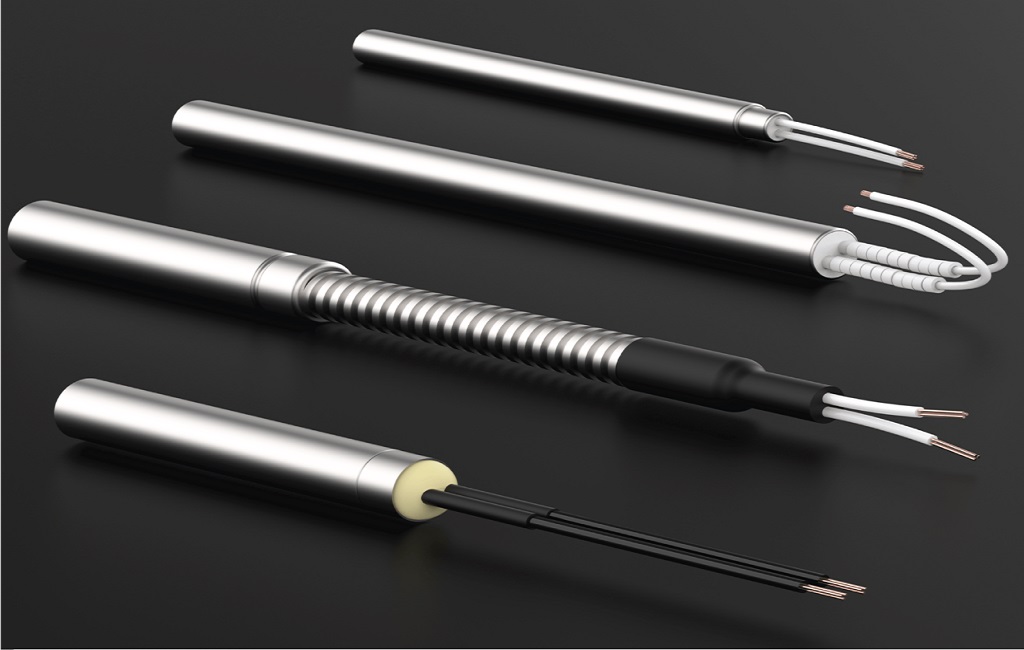Testosterone controls mood and mental well-being. Low amounts of this hormone can cause weariness, irritation, and difficulty concentrating. Some individuals may also experience increased stress or a lack of motivation. Since testosterone helps support brain function and emotional balance, a decrease can impact daily life. Recognizing these changes is essential for maintaining both physical and mental health.
For those experiencing mood changes related to low testosterone, seeking professional guidance can help. Facilities like men’s health clinic Tucson provide evaluations and treatment options to address hormonal imbalances. Proper care can improve mood, energy levels, and overall quality of life. Understanding the relationship between testosterone and mental health is critical to developing effective remedies.
Common Symptoms of Low Testosterone
The symptoms of low testosterone extend beyond physical changes and can profoundly influence emotional well-being. Individuals may grapple with symptoms such as chronic depression, marked irritability, and unrelenting fatigue, all of which can compound to create a general sense of malaise. These emotional symptoms can further complicate one’s social and professional life, creating a negative cycle that can be hard to break. Recognizing these signs as potential indicators of hormonal imbalance is critical for seeking appropriate interventions. Engaging in an open dialogue with a trusted healthcare provider can facilitate necessary evaluations and determine tailored solutions.
Impact on Brain Function and Emotional Well-Being
Testosterone’s influence extends to the brain’s chemistry by affecting neurotransmitters—chemicals essential in mood regulation. When testosterone levels fall, the balance among these neurotransmitters can be disrupted, leading to cognitive issues, such as impaired memory retention and difficulty concentrating. These cognitive struggles may exacerbate emotional instability, with affected individuals potentially experiencing heightened occurrences of mood disorders and sensitivity to stress. Understanding testosterone’s role in brain function underscores the hormone’s broader impact on comprehensive mental well-being.
Seeking Professional Help
If you feel that low testosterone levels are harming your mood and mental health, you should seek professional treatment. Testosterone is essential for emotional regulation, and a lack of it can cause symptoms such as irritation, weariness, and even depression. If you experience these signs, you must consult a healthcare provider who can assess your levels and recommend appropriate treatment options. For example, Tucson men’s clinic offers specialized care for individuals with hormone imbalances. Addressing the issue early can help improve mood and overall mental well-being, making you feel more balanced and energized.
Lifestyle Changes to Support Testosterone Levels
While medication therapies might be successful, making precise lifestyle modifications can significantly improve testosterone levels and general health. Regular physical activity, a well-balanced diet high in essential nutrients, and decent sleep patterns benefit hormonal health. Introducing stress-reduction strategies like mindfulness meditation and yoga can help maintain hormonal balance and promote emotional calm.
When to Consider Hormone Therapy
For some individuals, hormone therapy may emerge as a necessary route to address entrenched low testosterone issues. However, this intervention should be considered carefully and always in conjunction with a healthcare provider. Weighing potential risks against anticipated benefits is crucial for making informed decisions. In situations where hormone therapy is deemed appropriate, it has successfully restored hormonal balance for many, positively impacting both mental and emotional health. While complex, this therapeutic avenue can be a viable option for meaningful recovery.
Your Path to Better Mental and Physical Wellbeing
Recognizing the intricate interplay between hormone levels and mental health empowers individuals to take proactive measures toward enhanced well-being. Armed with accurate information, supported by professional assistance, addressing low testosterone in a structured manner facilitates significant improvements in life quality. By better understanding one’s bodily functions and seeking timely intervention, mental and physical health can achieve optimal states, paving the way for a balanced and fulfilling life.





Leave a Reply